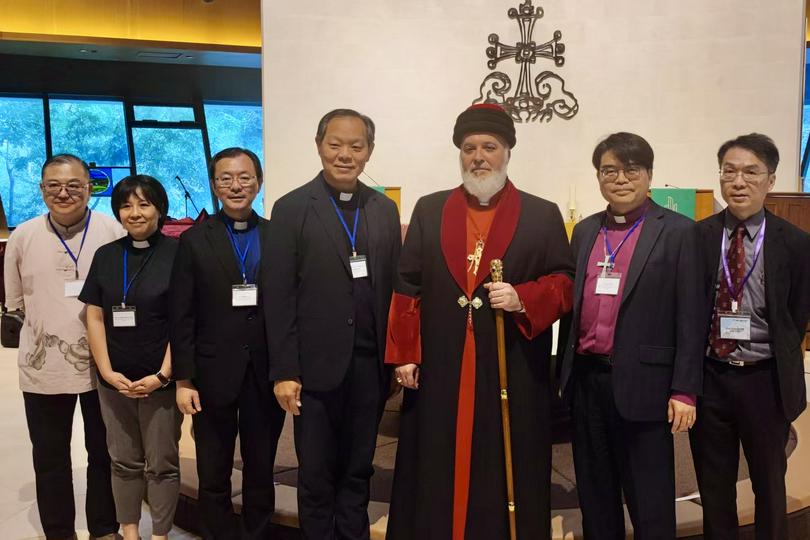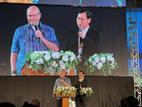On October 17, 2025, a roundtable forum commemorating the 1700th anniversary of the First Council of Nicaea was held at the Chinese University of Hong Kong (CUHK), bringing together leaders from diverse Christian traditions to discuss the significance of the Nicene Creed. The event, titled "Nicaea 1700," featured speakers representing the Assyrian Church of the East, the Roman Catholic Church, the Coptic Orthodox Church, the Lutheran tradition, and the Reformed tradition.
The forum began with speakers affirming the Nicene Creed as a cornerstone of Christian faith across their respective denominations. His Holiness Mar Awa III, Catholicos-Patriarch of the Assyrian Church of the East, explained his church's unique process of "reception," noting that the creed was translated from Greek into Syriac, a process that involved re-interpreting Hellenistic philosophical concepts for a Semitic theological context. He also pointed out that his tradition integrated the creed first into the Eucharistic liturgy, signifying its central role in the community's ongoing worship life.
Representing the Roman Catholic Church, Rev. Joseph Chan Wing-chiu detailed the creed's function in liturgy, theological formation, and community identity. He acknowledged the interpretive challenges posed by its ancient metaphysical language for contemporary believers and identified the Filioque clause as a continued point of ecumenical tension with Eastern churches. He explained that the Catholic Church addresses these challenges through the lens of "organic development," citing the Second Vatican Council's teachings as a way of re-interpreting tradition to engage modern realities.
From the Protestant traditions, speakers highlighted both their adherence to the creed and their distinct approaches. Rev. Dr. Regina Chan Kit-ling of the Lutheran Church emphasized that the Nicene Creed is a constitutional foundation for Lutheran confessional documents, such as the Augsburg Confession. She made a significant contribution by detailing the 40-year dialogue between the Lutheran World Federation and the Orthodox Church on the Filioque issue, noting the Lutheran willingness to use the original creed without the clause in ecumenical settings as a gesture of reconciliation.
Rev. Wong Ka-fai, representing the Reformed tradition through the Hong Kong Council of the Church of Christ in China, noted that while the simpler Apostles' Creed is more frequently used in their worship, the Nicene Creed serves as an essential theological touchstone. He stressed the importance of moving from "orthodoxy" (right belief) to "orthopraxy" (right practice), arguing that the creed's tenets must translate into concrete actions of social justice and service.
A presentation was delivered via video on behalf of Fr. Dawoud Hanna of the Coptic Orthodox Church. The message underscored the Coptic Church's role as a staunch defender of Nicene orthodoxy, with a particular reverence for Saint Athanasius. It framed the church's mission as one of preserving the faith handed down by the Church Fathers without alteration, standing firm against modern ideologies that challenge core Christian doctrines like the divinity of Christ.
The discussion then shifted to contemporary challenges, where a central theme emerged: the difficulty of communicating the creed's ancient doctrines in a pluralistic and secular world. Patriarch Mar Awa III identified a modern form of Arianism in the tendency to accept Jesus as a great human teacher but reject His full divinity. Other speakers addressed the exclusive-sounding language of the creed in interfaith contexts and the need to bridge the gap between its theological affirmations and the lived experiences of modern people.
The forum concluded with a shared understanding that the Nicene Creed serves as a vital common foundation for all Christians. The consensus was that this unity is best pursued through continued theological exchange, mutual respect for differing traditions, and a shared focus on translating faith into action. Following the roundtable, an Ecumenical Prayer service was scheduled for the evening, to be led by The Most Rev. Andrew Chan Au-ming, Archbishop and Primate of the Hong Kong Sheng Kung Hui.












